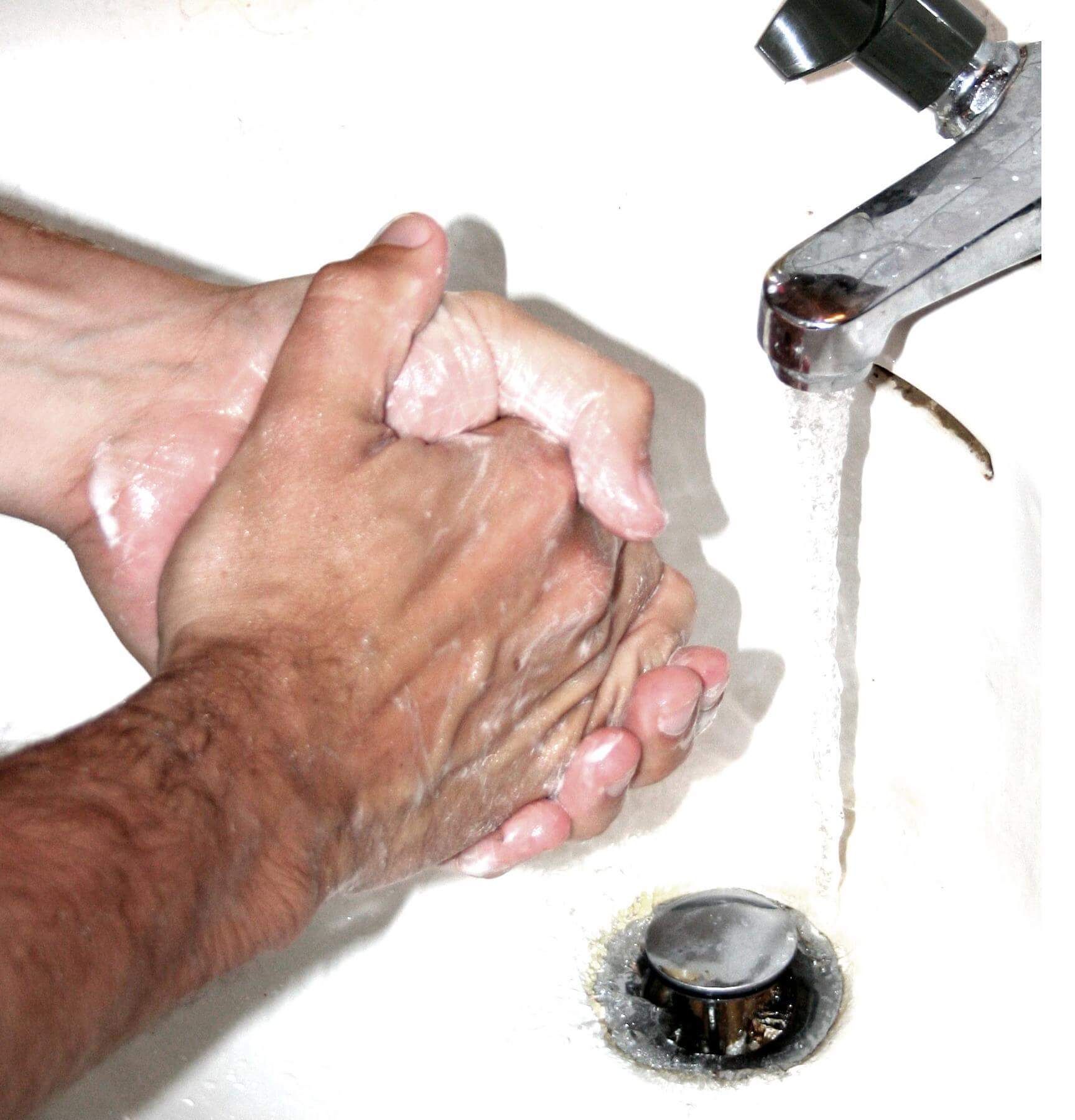 Obsessive compulsive disorder (OCD) is a condition that involves obsessive and/or compulsive behavior regarding various activities and items. OCD usually begins to occur while someone is a young adult and the severity of the disorder changes throughout your life. Many people are slightly obsessive or compulsive in certain areas, but you may have OCD if these behaviors begin taking up large amounts of your time and affecting your day-to-day activities; once this issues occurs, you should seek guidance from a doctor. At some times, the symptoms may be incredibly debilitating, but at others, they’re barely noticeable. Symptoms of OCD can be broken down into two categories: obsessions and compulsions. Here are some behaviors and symptoms of OCD that you can watch out for in yourself and loved ones.
Obsessive compulsive disorder (OCD) is a condition that involves obsessive and/or compulsive behavior regarding various activities and items. OCD usually begins to occur while someone is a young adult and the severity of the disorder changes throughout your life. Many people are slightly obsessive or compulsive in certain areas, but you may have OCD if these behaviors begin taking up large amounts of your time and affecting your day-to-day activities; once this issues occurs, you should seek guidance from a doctor. At some times, the symptoms may be incredibly debilitating, but at others, they’re barely noticeable. Symptoms of OCD can be broken down into two categories: obsessions and compulsions. Here are some behaviors and symptoms of OCD that you can watch out for in yourself and loved ones.
Obsessive symptoms
Obsessions are marked by thoughts or ideas that are constantly in your mind and cause anxiety or terror. Some of the most common obsessive symptoms are:
- Repeated, unwanted thoughts
- Images and thoughts of violence
- Graphic sexual thoughts
- Believing you may harm a loved one
- Fear of contamination
- Worrying whether or not appliances were turned off
- Fear of being harmed
Some of these obsessions become so severe, that a person with OCD refuses to leave their home for fear of something going wrong. Obsessions often lead to compulsive behaviors, though the two can be independent of one another.
Compulsive symptoms
The compulsions that go along with OCD are behaviors those with the disorder feel the need to constantly repeat in order to feel at ease and in control of their environment, or their obsessions if they also suffer obsessive symptoms. Compulsions are used to reduce anxiety, but only offer temporary relief and often end up taking excessive amounts of time without having any relation to the real issue. Some compulsive symptoms are:
- Constantly counting items
- Repeatedly checking appliances or other items
- Having a strict routine that cannot be altered
- Constant washing and cleaning
- Demanding orderliness
OCD is a fairly common and well known disorder, which allows people to successfully acquire the help they need. Those who suffer from OCD may only display some of these symptoms or they may not be severe at all. If you suspect you or a loved one has OCD and it’s affecting the quality of life, then find a professional who can help you.
